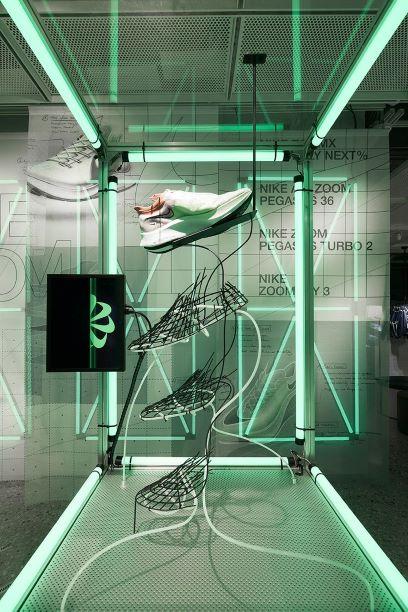
Luxury in the age of data
From big data to smart data, data has become the perfect tool for an industry where details and privileges are crucial. Wishlist sharing, connected watches, VIP social networks or private platforms... Data no longer only accompanies brands' strategies, but even transforms them to better adapt to their customers' expectations.
An analysis of a must-have.
Essential DNA
To remain competitive, the luxury sector must certainly collect data, but it must also preserve its exclusive, creative and innovative image in the way it uses it.
For the use of big data to make sense, it is essential to combine it with digital, in order to use the information at 360 degrees, both in stores and on brand websites, and to have unified databases at a global level.
Collecting, analyzing and using data implies working on data shared across all countries where the brand is present. The goal is to develop a lasting and homogeneous relationship throughout the world, and to remain attentive to expectations.
A real marketing asset
An example of this is Ralph Lauren, which, shortly after the Ganni brand, also unveiled a rental service for its Lauren collections, for a subscription fee of $125 per month. This new initiative is part of a desire for alternative consumption and is also an opportunity for the company to generate direct feedback from customers, and thus to form a better analysis of the market.
Indeed, thanks to these tools, it collects valuable information from social media, simplifies and diversifies its customer relationship and ensures its development.
At Nike, the data allows to segment the global markets not geographically, but according to customers' sports habits. And it works: since the implementation of this strategy in 2008, sales have increased by 70%. At the same time, the brand is multiplying partnerships (with Apple, for example) to offer connected products where the revaluation of data is central.

Smart watches are also very popular with the luxury industry. Using NFC (Near Field Communication) technology and a cryptographic chip, sensitive customers' informations are stored and accessible via an application, with a very high level of security. And since the devil is in the details and we must constantly innovate and surprise, it is now possible to activate an alarm remotely, to access hotel check-in and even to unlock car doors thanks to certain connected watches. A way for brands to offer unique, secure and customized services.
So it's no longer just about collecting customers' data to get to know them better, but about offering them innovative services, in line with their lifestyle.
Customer experience & targeted strategy
The focus is on hyper-personalization, a key issue in this market of excellence. Purchases, wishlist and contact information: brands want to have precise insights into their existing customers. To do this, they encourage customers to create an account when they make a purchase, supporting its advantages such as history, order tracking, access to targeted newsletters... This advanced knowledge, combined with a controlled marketing strategy, undeniably allows to perform in the customer relationship and its personalization.
Another strength of data is its reactivity. Essential during health crises in particular, thanks to the data base and CRM, brands can adapt their loyalty program and offer their customers tailor-made commitments.
This is also the case in the hotel industry, where certain high-end groups exploit data from customers' consultations on the web in order to propose an offer that is closer to their needs. Sea view, vegan breakfast, full option gym, atypical excursions... Anticipating desires and expectations is the real challenge of luxury.
As Thibaut de La Rivière, Director of Sup de Luxe, explains: "Data is at the service of the customer experience and is transforming the image of luxury brands, as long as it is used in a relevant way to offer innovative and personalized services".
